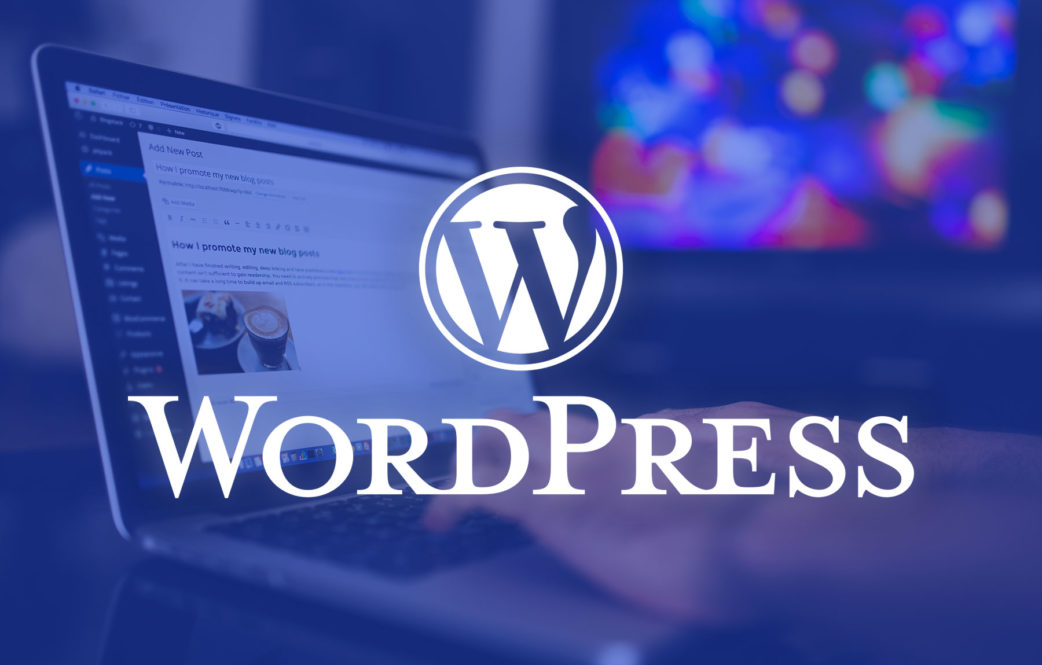
In today’s fast-paced digital marketplace, your WordPress website’s performance can be the linchpin of your business success. Slow loading times not only frustrate visitors but can also hamper search engine rankings, diminish user engagement, and lead to lost sales. Therefore, optimizing your WordPress site is not merely a technical task—it’s a vital business strategy. Here’s a comprehensive guide to making your WordPress site faster, more efficient, and ready to meet the demands of your growing business.
1. Choosing the Right Theme
Select a theme optimized for speed and performance. A well-coded, lightweight theme can significantly reduce load times. Look for themes that prioritize functionality and aesthetic simplicity, minimizing the use of large image files and intricate animations that can slow your site down.
2. Leveraging Caching Solutions
Caching is crucial for reducing the load on your server and speeding up your site. Implement caching by using plugins like W3 Total Cache or WP Super Cache. These tools store a static version of your pages, decreasing the time needed to serve the same content to subsequent visitors.
3. Optimizing Images
Images can dramatically affect load times. Compress and optimize images using tools like TinyPNG, Imagify, or ShortPixel before uploading them to your site. These tools reduce the file size without compromising quality, ensuring faster loading pages.
4. Utilizing a Content Delivery Network (CDN)
A CDN stores copies of your site at multiple data centers around the world, allowing users to download data from a location closest to them, thereby decreasing loading times. Services like Cloudflare and MaxCDN are popular choices among WordPress users.
5. Minifying and Combining Files
Reduce the size of your CSS, JavaScript, and HTML files. Tools like Autoptimize can strip unnecessary characters from these files, minimizing their size and allowing them to load quicker.
6. Selecting High-Quality Hosting
Your hosting service plays a crucial role in site performance. Opt for a host that provides dedicated resources to manage your site’s load times effectively, especially during peak traffic. Managed WordPress hosting services like WP Engine and SiteGround are tailored to provide optimized server configurations for WordPress sites.
7. Regular Updates and Maintenance
Keep WordPress, along with themes and plugins, up to date. Regular updates often include optimizations that help improve speed and security. Additionally, routinely check your plugins and themes for performance impacts and compatibility.
8. Database Optimization
Maintain a clean database by regularly deleting outdated data like old revisions, spam comments, and transient options. Use plugins like WP-Optimize, which can automate this process and help maintain efficient database performance.
9. Reducing External HTTP Requests
Minimize the number of external HTTP requests by limiting the use of third-party plugins and widgets that load additional styles and scripts. Combine multiple stylesheets into one and similarly combine all scripts into a single file.
10. Implementing Advanced Caching Mechanisms
Beyond basic caching, explore advanced techniques like object caching and database query caching for dynamic sites with heavy content. These methods can further reduce the load on your server and improve response times.
11. Secure and Speed Up with HTTPS
Switching to HTTPS not only secures your site but also enables HTTP/2, which offers performance improvements over HTTP due to its ability to load multiple requests over a single connection simultaneously.
12. Monitoring and Regular Performance Checks
Regularly monitor your site’s performance using tools like Google PageSpeed Insights, GTmetrix, and Pingdom. These tools help detect performance issues and provide actionable recommendations for improvement.
Conclusion
Optimizing your WordPress site is an ongoing process that significantly impacts your business’s online presence and success. By implementing these strategies, you not only improve your site’s speed and efficiency but also enhance the user experience, bolster SEO rankings, and increase conversion rates. Invest in these optimizations as a commitment to your business’s growth and watch your digital success unfold. Ready to take your website to the next level? Implement WordPress optimizations today and see the difference!










